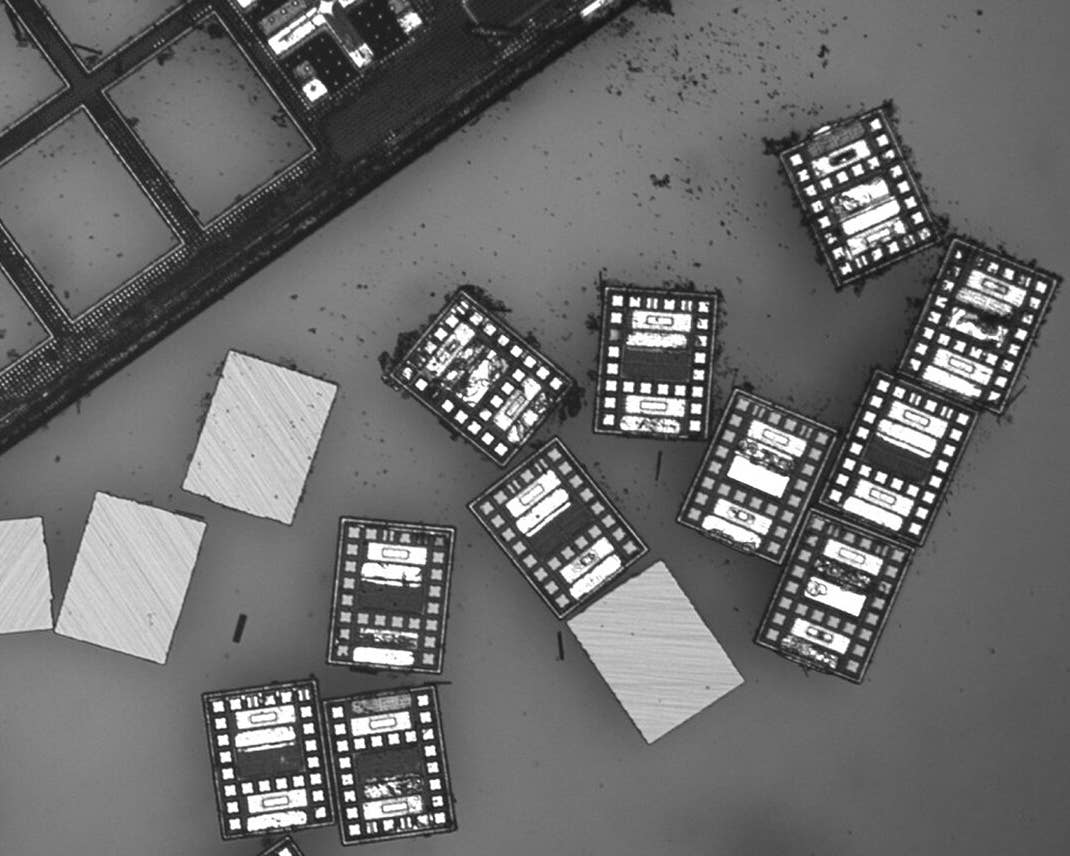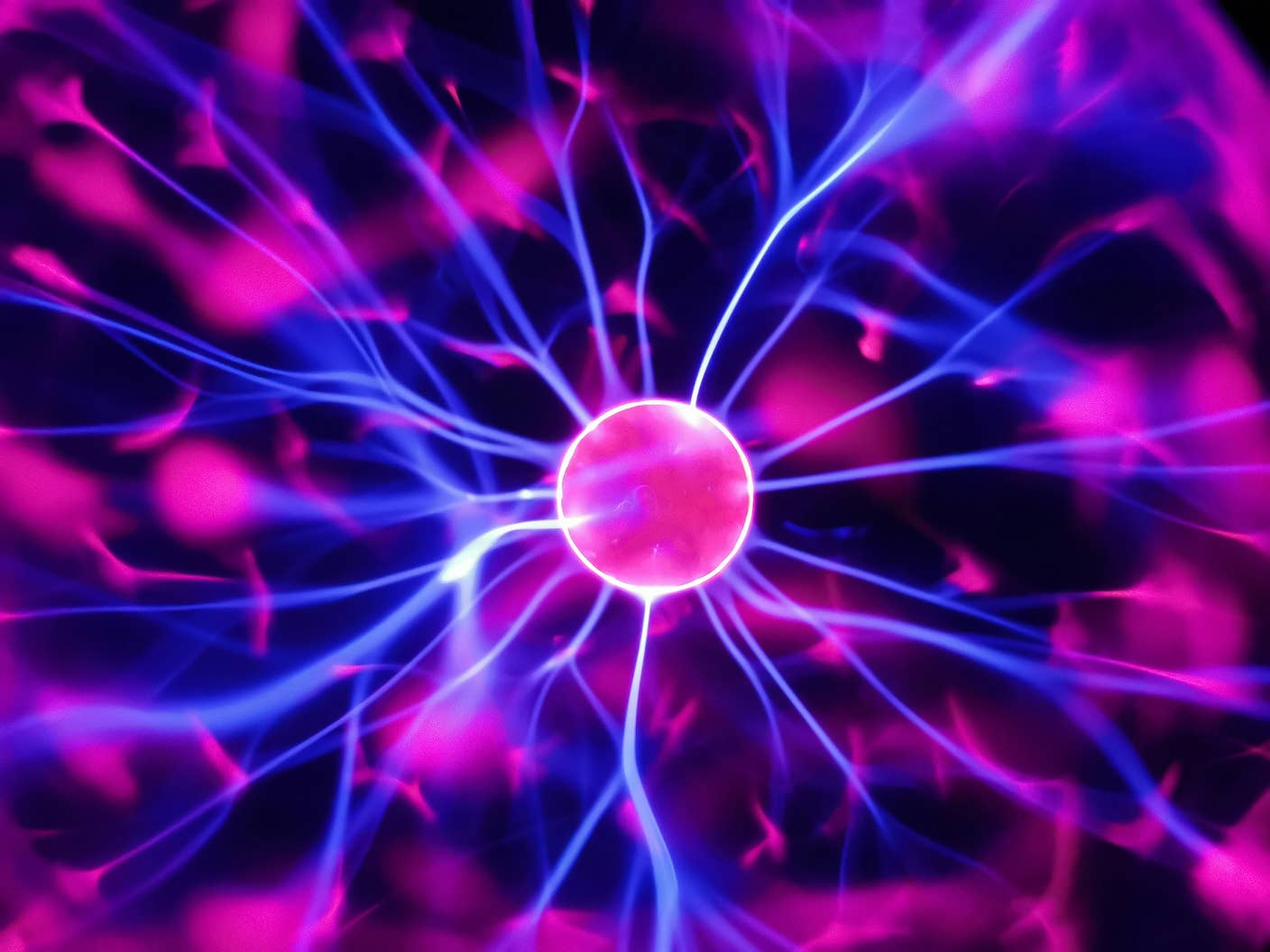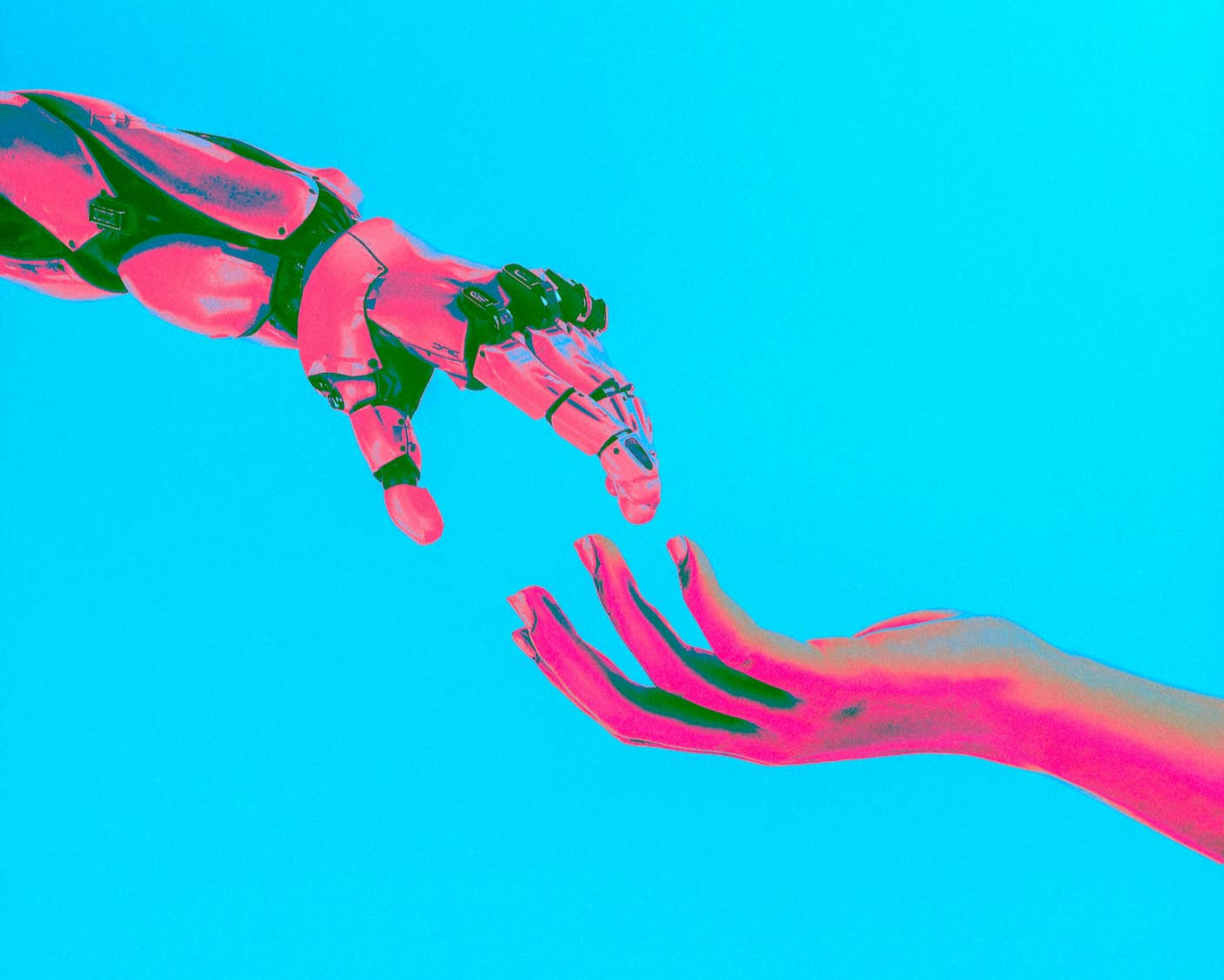8 Takes on the Rise of AI and Its Implications

Share
In recent years, it's been exciting watching advances in AI like IBM's Watson smashing humans at Jeopardy and Google’s AlphaGo AI beating champions at the game of Go a decade earlier than expected. But the sophisticated algorithms under the hood are really the stars of the show.
These powerful computing systems are fundamentally changing industries and automating a growing number of day-to-day tasks. At the same time, AI still isn't perfect, and we've seen hints of its potential dark side. Our algorithms are only as good as the data we feed them. And there's been a spirited debate about existential dangers down the road.
Here's a look into some of the topics leading the dialogue as AI technology evolves into its next generation.
Where Artificial Intelligence Is Now and What’s Just Around the Corner
By Peter Diamandis
"Ultimately, during the AI revolution taking place in the next three years, AIs will be integrated into everything around us, combining sensors and networks and making all systems 'smart.' AIs will push forward the ideas of transparency, of seamless interaction with devices and information, making everything personalized and easy to use."
This Is What Happens When Machines Dream
By Jason Dorrier
"There is little doubt we are a species consumed by our dreams—that our ability to find unexpected new patterns in the noise is what makes us human and what makes us creative. Maybe that’s why a set of incredibly dream-like images recently released by Google are causing such a stir. These particular images were dreamed up by computers...What happens when programs take in images, text, other sensory data—eventually rich experiences more akin to our own? Can a process like inceptionism incite them to remix these experiences into original ideas? Where do we draw the line between human and machine creativity?"
How Should We Prepare for the AI Revolution? Ray Kurzweil Responds in This Q&A
By David J. Hill
"It's safe to ask, before this great wave of artificial intelligence arrives and we become fully integrated with it, shouldn't we strive to change our inherited mental models and let go of antiquated thinking patterns?...To answer the question of what the future holds, Kurzweil started by thinking of our past: 'Our enhancement with technology is a gradual process which has been underway for a long time.'"
Forget Humans vs. Machines: It’s a Humans + Machines Future
By Shelly Fan
"It’s not about machines gaining intelligence or taking over the world, said Dr. John Kelly. It’s not even about recreating the human brain or its basic architecture. It’s about taking inspiration from the brain—or whatever inspiration from wherever we can get it — and changing the current computing architecture to better handle data and further our understanding of the world."
Inside OpenAI: Will Transparency Protect Us From Artificial Intelligence Run Amok?
By Shelly Fan
Be Part of the Future
Sign up to receive top stories about groundbreaking technologies and visionary thinkers from SingularityHub.


"OpenAI began with the big picture in mind: in 100 years, what will AI be able to achieve, and should we be worried? If left in the hands of giant, for-profit tech companies such as Google, Facebook and Apple, all of whom have readily invested in developing their own AI systems in the last few years, could AI—and future superintelligent systems—hit a breaking point and spiral out of control? Could it, as Elon Musk warned earlier this year, ultimately destroy humankind?"
How Google’s AI Beat a Human at ‘Go’ a Decade Earlier Than Expected
By Alison E. Berman
"With more potential board configurations than the number of atoms in the universe, Go is in a league of its own in terms of game complexity—and because of its vast range of possibilities, a game that requires human players use logic, yes, but also intuition...The head of DeepMind, Demis Hassabis, told Wired, 'The most significant aspect of all this…is that AlphaGo isn’t just an expert system, built with handcrafted rules. Instead, it uses general machine-learning techniques to win at Go.'"
Atlas Robot Is More Capable (and Human) Than Ever in Latest Video
By Jason Dorrier
"We’ve watched the steady, sometimes surprising evolution of Boston Dynamics' robots for years. The group’s four-legged robots Big Dog and Alpha Dog were early viral hits, and later on we were stunned (and maybe a little frightened) by a video of its humanoid robot walking a treadmill in fatigues and gas mask...The new version of Atlas already seems like a big improvement...The group's latest humanoid robot tramps through the snow, stacks boxes, and even gets up after being pushed over."
The Last Frontiers of AI: Can Scientists Design Creativity and Self-Awareness?
By Alison Berman
"Hod Lipson, professor of engineering at Columbia University and the director of Columbia’s Creative Machines Labs, is pushing the next frontier of AI. It’s an era that will be defined by biology-inspired machines that can evolve, self-model, and self-reflect—where machines will generate new ideas, and then build them. 'Can an AI design and make a new robot different from anything we've seen before?' asked Lipson. Read on, and you shall see."
Image credit: Shutterstock
Alison tells the stories of purpose-driven leaders and is fascinated by various intersections of technology and society. When not keeping a finger on the pulse of all things Singularity University, you'll likely find Alison in the woods sipping coffee and reading philosophy (new book recommendations are welcome).
Related Articles

These Robots Are the Size of Single Cells and Cost Just a Penny Apiece

Hugging Face Says AI Models With Reasoning Use 30x More Energy on Average

Study: AI Chatbots Choose Friends Just Like Humans Do
What we’re reading